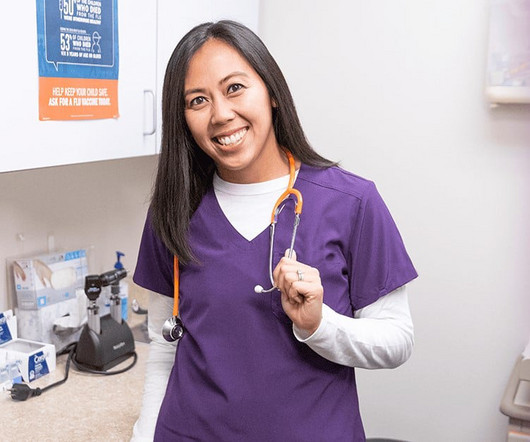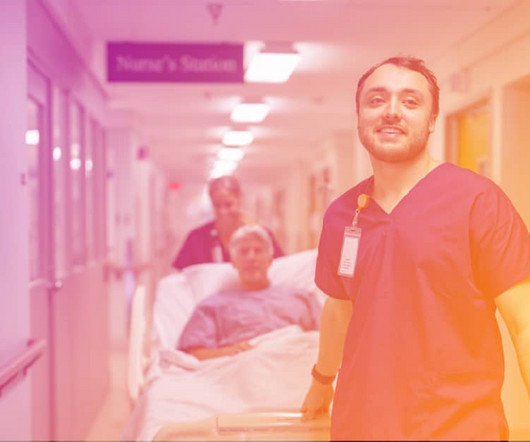What is the Voice Stopping you From Starting Your Nurse Owned Business?
Empowered Nurses
NOVEMBER 27, 2024
” · Objection: Many nurses worry that they lack the business acumen needed to run a company, especially if they’ve spent most of their careers in clinical or patient care settings. Solution: Frame business ownership as an extension of patient advocacy and clinical work—now they can solve healthcare problems on a broader scale.



























Let's personalize your content